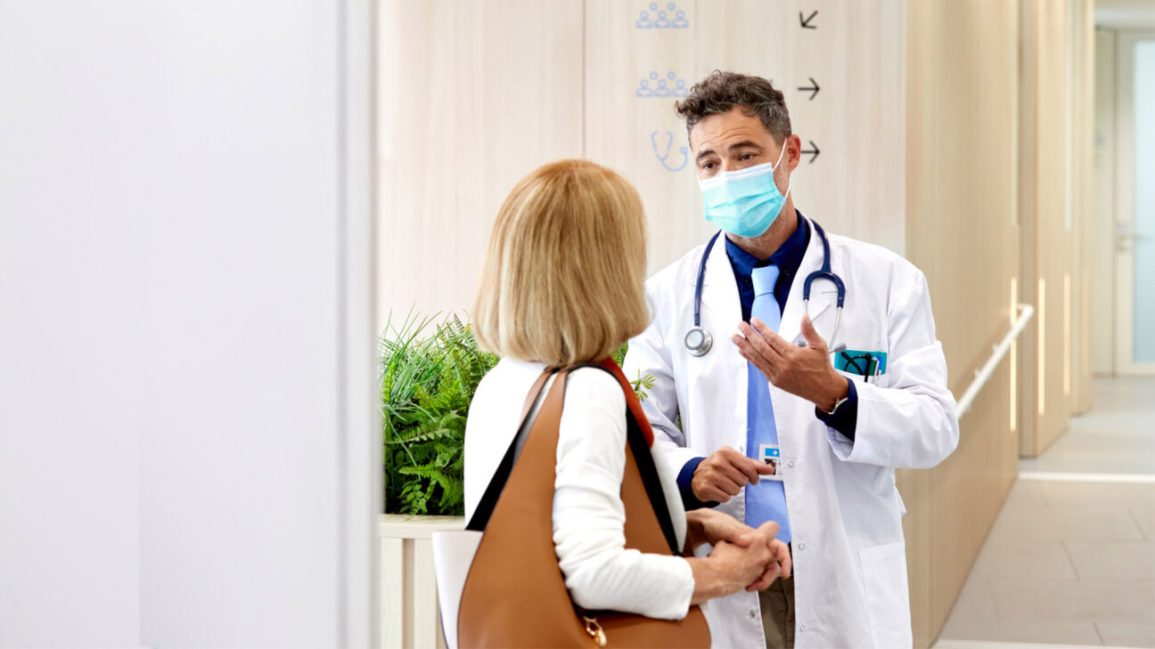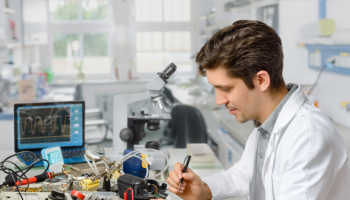Screening for colon cancer can be a tall order, with your doctor requiring you to start preparing for the procedure 14 days prior. However, the process can be less demanding if you get the best GI doctors to guide you through. For instance, your gastroenterologist might give you instructions to follow on bowel preparation to help clean your colon, making it easy for him to detect tiny or hidden polyps.
Why would your doctor recommend a colonoscopy?
Your healthcare provider may request a colonoscopy when he wants to:
- Screen your colon for cancerous cells. An examination is a screening option, especially when your doctor wants to rule out the possibility of colon cancer. Your healthcare provider may advise you to go for the exam after ten years or less to screen for abnormalities if you are 50 years and above and are at average risk of having the condition.
- Evaluate intestinal symptoms. While some pelvic floor signs might be harmless, some instances might prompt your doctor to perform a colonoscopy to investigate possible causes of intestinal problems like chronic constipation, rectal bleeding, and chronic diarrhea.
- Look for polyps. Your GI physician may suggest a follow-up colonoscopy to look for additional polyps, especially if you had the growths before, to minimize your risk of colon cancer.
What happens during the process?
Before a colonoscopy, your healthcare provider will administer venous medications to help you relax. The medical professional will ask you to lie (on your left side) on the examination table before inserting a colonoscope through the rectum into your colon. The colonoscope is a long, tubular device your gastroenterologist uses to have a clear image of your colon’s lining to check for abnormalities. Thanks to the instrument’s flexibility, your doctor can shove it to the extreme ends of your large intestine. Once the device is inside your colon, the medical professional blows air into your intestine’s curves to expand them so that he can check out for abnormal growths.
If your gastroenterologist notices anything unusual during the treatment, he may take tissue samples for further analysis. The medical professional may also identify and remove polyps without a major operation. However, you might need another colonoscopy sooner when your healthcare provider notices:
- An extensive polyp, usually more than a centimeter
- Cancerous polyps
- Polyps indicating a high cancer risk
- More than two abnormal growths
What should you know before a colonoscopy?
A colonoscopy is an intense procedure. Therefore, there are a few things you should know before the treatment. For instance, inform the medical expert of the medications you might be taking, including prescription drugs or over-the-counter alternatives like supplements. Your doctor will advise you on the pills to use and those to avoid, plus the possible changes you might need to make. You may also need to reschedule medications, especially if you have underlying conditions like diabetes or need to take blood thinners. Other medical concerns you may inform your doctor about include:
- Heart conditions
- Lung conditions
- Pregnancy
- Medication allergies
Your doctor may recommend a surgical procedure if he identifies an abnormal tissue he cannot remove during the process. Inform your GI physician for a colonoscopy to investigate possible gastrointestinal symptoms like changes in your bowel habits.





